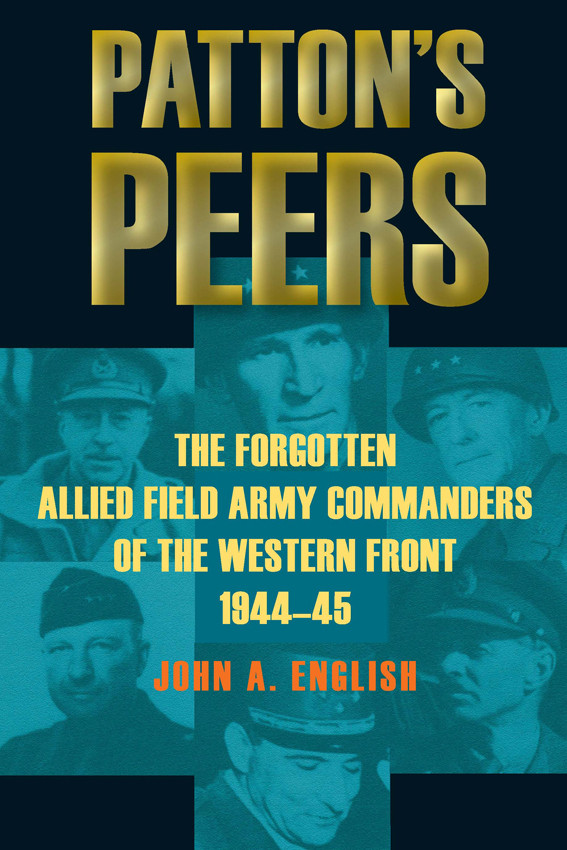

Most ebook files are in PDF format, so you can easily read them using various software such as Foxit Reader or directly on the Google Chrome browser.
Some ebook files are released by publishers in other formats such as .awz, .mobi, .epub, .fb2, etc. You may need to install specific software to read these formats on mobile/PC, such as Calibre.
Please read the tutorial at this link: https://ebookbell.com/faq
We offer FREE conversion to the popular formats you request; however, this may take some time. Therefore, right after payment, please email us, and we will try to provide the service as quickly as possible.
For some exceptional file formats or broken links (if any), please refrain from opening any disputes. Instead, email us first, and we will try to assist within a maximum of 6 hours.
EbookBell Team

5.0
48 reviewsThrough the force of his personality and the headline-grabbing advance of his U.S. Third Army, Gen. George S. Patton has eclipsed the other six men who, like him, led field armies in the great Allied campaign to liberate northwest Europe in 1944-45. Certain to rank among the classics of World War II history like Eisenhower's Lieutenants by Russell Weigley, Patton's Peers presents a masterful reassessment of the eleven-month struggle from D-Day to Germany's surrender, shedding long-overdue light on the contributions of these forgotten Allied field army commanders.
Seasoned military historian John A. English unearths the vital roles played by these six generals. As the leader of an army of several hundred thousand troops, each had to plan operations days and weeks in advance, coordinate air support, assess intelligence, give orders to corps commanders, manage a staff of sometimes difficult subordinates, and deal with superiors like Eisenhower, Bradley, and Montgomery. Some performed less ably than the rest while others rivaled Patton in their achievements. All deserve to be lifted from Patton's shadow.
About the Author:
John A. English served thirty-seven years in the Canadian Army and completed master's and doctoral degrees in military history. He has taught at Queen's University and the U.S. Naval War College. He lives in Canada.
"A worthwhile addition to any library covering World War II." (Journal of Military History 2010-01-01)